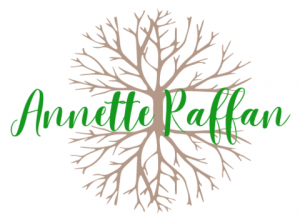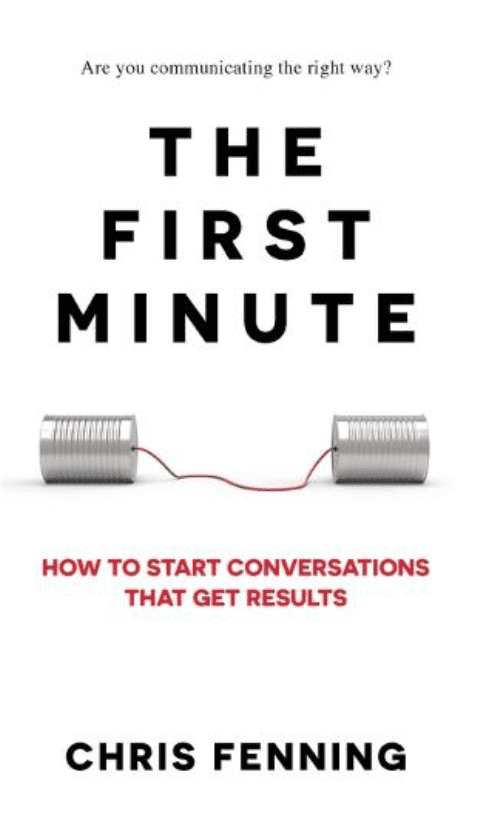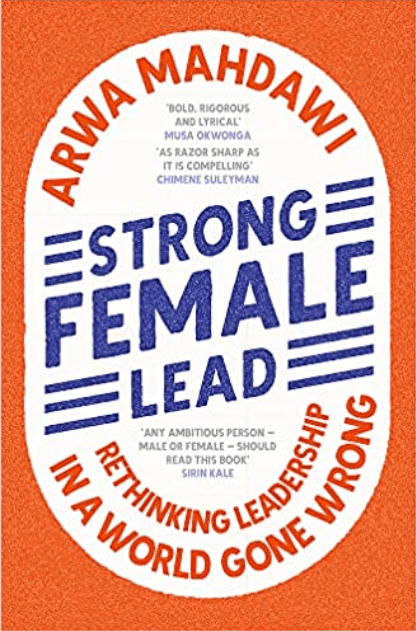Sometimes you read a book and you’re left with the feeling that you’ve just wasted several hours of your life. Admittedly that’s not often. But this book was the complete opposite. As someone who struggles getting mind to mouth, this book provides a clear framework to start pretty much any conversation, email or meeting. It provides a clear structure to form what you need to say and why. So clear in fact that I’m going to create an email template and write it on a post-it on my desk. By using the framework, the idea is to have confidence in any situation, including job interviews, leading meetings and on the spot questions. I can see how using the ideas in this book can create much clearer conversations with an emphasis on actions and solving problems rather than having less useful discussions about why they happened in the first place; though these are also of value, but need to be considered as a separate issue rather than the current issue you need to discuss. I’m super excited about putting the framework in action! I’m hoping with time it will stick and will help me to become more confident at talking to people and answering questions!
Read If: You need to work on communication skills and make super efficient use of yours and others’ time.


